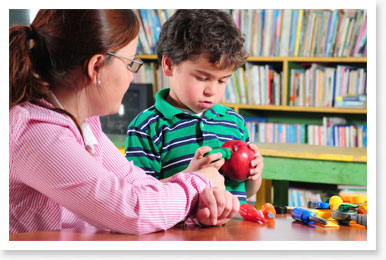Assessing children’s development is an important part in the practitioner’s professional role. There are several ways of assessing children’s development in the setting; Tracking sheets and progress summaries are similar tools and both reflect the Development Matters. These types of assessments are broken down into the 7 areas of development, then into more specific development matters . Practitioners can then uses these areas to summarise where the child is developmentally. Tracking sheets indicate if a child is emerging, consolidating or secure in each development matter for each age bracket, whereas a progress summary is a written piece giving information on what goals the child is currently achieving in each area of learning.
Assessing children’s development when they start the setting is a key factor to establishing their starting points, this enables practitioners to plan appropriate activities and opportunities to further the child’s learning. Using the children’s interests plays a huge role in planning the right experiences. Practitioners must ensure that children play a central role in their own development by giving children a voice and the opportunity to express their interests and opinions.
This can be achieved by using the “voice of the child” on planning sheets, and using the observations taken to create next steps for that child. Having the weekly planning divided into the 7 areas of learning allows each activity or learning experience to correspond to an area of development. Over a period of time the children will learn about many new skills, however the practitioner must ensure that the experiences meet all areas of the EYFS and touch upon the development matters. As the learning environment is highly important this should be taken into consideration when planning for a child’s individual needs. The level of support should reflect the child’s need as this will also allow each child to be given the opportunity to participate in their chosen activity; this may require the activity to be adapted to meet the individual needs of a child.
It is also important to have a balance of child led and adult initiated activities to allow children to grow and develop healthily. Having this balance allows children to express their thoughts, feelings and ideas whilst being supported in developing their learning further and achieving their personal milestones. The practitioner should take this into account when planning learning experiences, allowing children to make choices to participate or enjoy free play.

